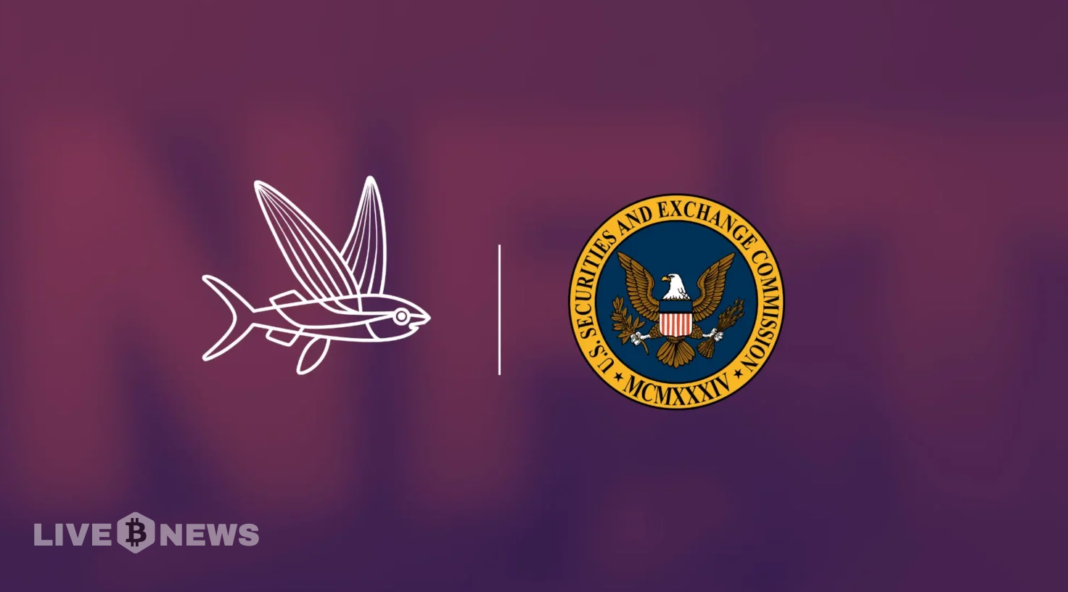The U.S. Securities and Exchange Commission (SEC) has charged Flyfish Club for conducting an unregistered offering of crypto asset securities through non-fungible tokens (NFTs). The company raised approximately $14.8 million for an exclusive restaurant project in New York City by selling around 1,620 NFTs to investors, including those in the U.S. These NFTs were offered at two price points: 2.5 ETH, which costs approximately $8,400, and 4.25 ETH, equal to around $14,300, which opens a members-only dining service to buyers.
According to the Howey test, the NFTs fall in the category of securities because Flyfish’s activities were categorized as investment contracts, as per the SEC’s filing. This classification is important because it means that Flyfish’s offering should have been filed with the SEC or exempted from doing so, which was not the case.
SEC Demands Flyfish to Remove NFT Links from Website
In the settlement, Flyfish will refrain from the prohibited activities implemented by the cease-and-desist order and will be required to pay a $750,000 civil penalty. The penalty will be paid in installments: $350,000 14 days from the date of the order, $200,000 on or before December 31, 2024, and the remaining $200,000 within 12 months from the date the order was placed.
Moreover, Flyfish must take several actions to satisfy the SEC’s demands in addition to the financial penalty. These measures include canceling all NFTs in its ownership within 10 days, posting a notice of the SEC order on its website’s homepage and social media pages, and excluding any links to crypto asset trading platforms. The company will also publicly inform secondary market trading platforms not to accept royalties from Flyfish NFTs.
Although the company has not responded to or even acknowledged the accusations of the SEC, this development is one of the first times that companies have addressed the issue of failing to register cryptocurrency offerings. The case also illustrates the ongoing focus of regulators on crypto-related businesses. It underscores the need for businesses to navigate securities laws as the crypto asset market expands. In the same way, similar regulation might play a role in the market as it continues to evolve towards the mature market stage.



